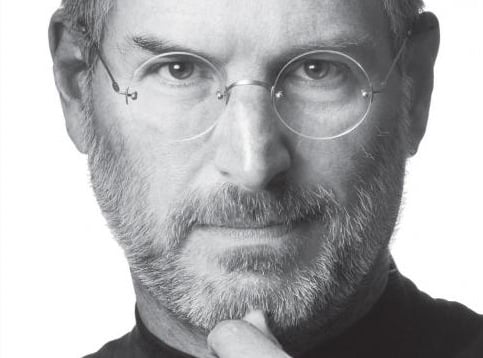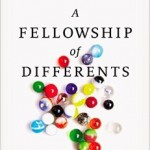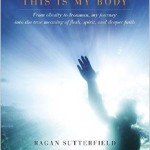The last great book I read in 2011 will be Walter Isaacson’s biography of Steve Jobs. This is the first of two planned posts about Steve Jobs, consisting mostly of random thoughts about the book. Part Two will come next week.
1. Steve Jobs is a valuable book, if we let it be. For all sorts of folks: business leaders, church leaders, lay people, writers and artists, consumers and producers, everyone.
2. Isaacson follows Jobs from his early childhood (he was given up for adoption at birth) and precociously brilliant teenage years, to the creation of Apple, his fall from the top, the success of Pixar, Jobs’s re-ascendence at Apple, and his final battle with cancer. Isaacson conducted more than 40 interviews over two years with the famously private Jobs, and he describes the moral, technological, and business failures, as well as the “passion for perfection and ferocious drive,” that determined the shape of Jobs’s success—success that would revolutionize six industries (personal computers, animated movies, music, phones, tablet computing, and digital publishing).
3. Jobs was always a visionary and a kind of craftsman. But in his drive to “make a ripple in the universe,” he could also be cold, tyrannical, volatile, and manipulative. There are a lot of people in Jobs’s life in the first half of Isaacson’s biography who aren’t there in the second half of the book. I love my MacBook, but it’s worth less than all the broken relationships that lay scattered in Young Jobs’s wake. I think we make a ripple in the universe every time we are kind to an adversary, are gentle in the presence of suffering, labor for justice, and promote the flourishing of our own neighborhoods.
4. It is helpful to supplement Isaacson’s biography with clips from Season 20, Episode 8 of The Simpsons. (Fun fact: Steve Jobs’s biological sister, the writer Mona Simpson, was once married to Richard Appel, a writer on The Simpsons. That’s why Homer’s mother’s name is Mona.) I watched this clip after reading the section about Apple’s iconic “Think Different” campaign:
This clip riffs on Apple’s “1984” ad – the one where a female athlete smashes the video screen through which Big Brother has been brainwashing the masses:
5. For the last two weeks I have engaged in a spirited debate with a good friend – first over coffee, then mostly via text message, as we are now on vacation half a continent apart – about whether Jobs was worthy of a biography from one of our best biographers. (Isaacson has previously written about the likes of Ben Franklin and Albert Einstein.) I think the clearest case I can make in favor of it is based on one of my favorite lines from Marshall McLuhan: “We shape our tools and thereafter our tools shape us.” As Isaacson makes clear in his biography, Jobs was a driving force in shaping the tools that are now shaping western culture. (I can only speak to western culture; perhaps the iPod, iPhone, iPad, iTunes, etc. are shaping other parts of the world as well.) Will these technologies make a ripple in the universe, as Jobs wanted? Maybe not. (I can’t speak for the universe either.) But they are changing the way we live now, and it is instructive and enlightening – not to mention entertaining – to understand the personality behind these tools.












